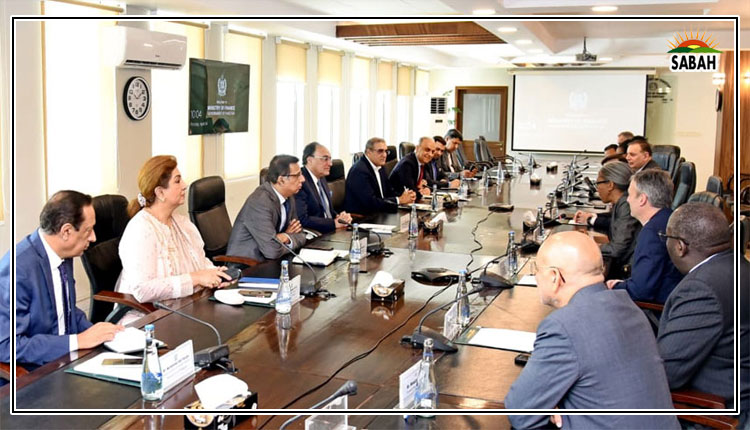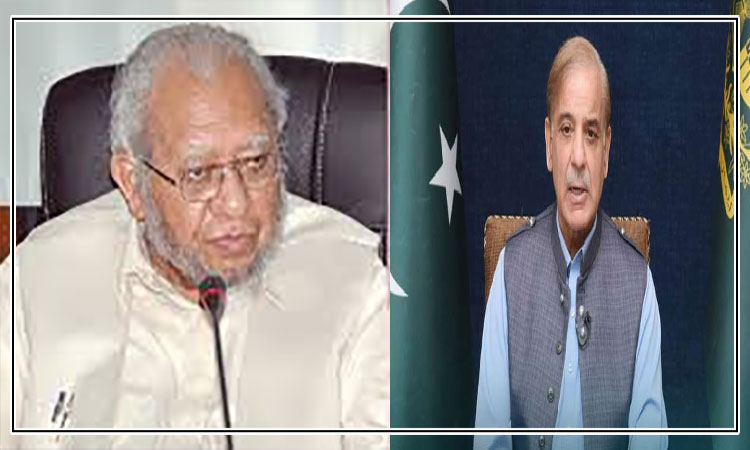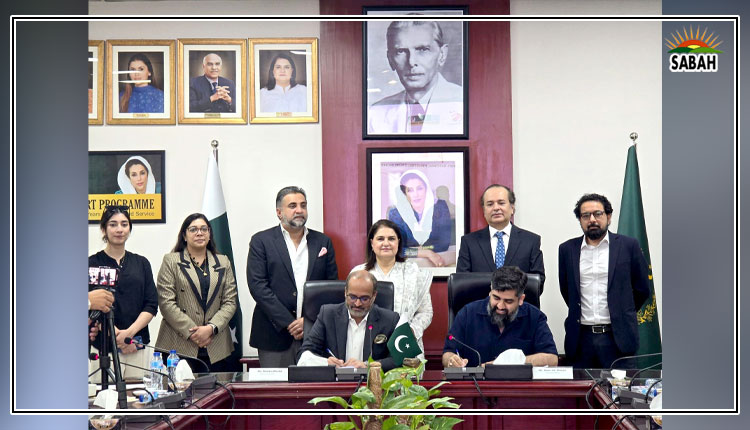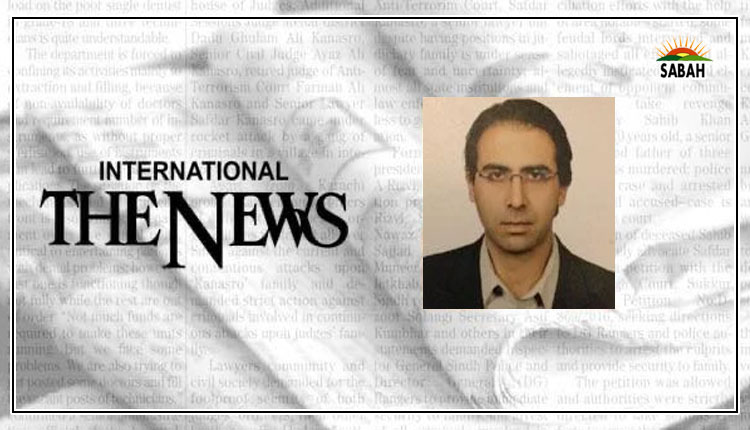How IMF policies undermine rights…Saroop Ijaz & Sarah Saadoun
Rashida, 40, works as a domestic worker in three houses in Lahore. She told Human Rights Watch that her 11-year-old son, Arif, wants to know where he can post a letter to the International Monetary Fund (IMF). He wants to tell them that even though both his parents each work three jobs, they must ration food supplies and keep the fan off even in 40 C temperatures due to high electricity bills. They are among the millions of Pakistanis forced to make these choices, between food and books, electricity and medicine, dignity and debt.
The deepening economic crisis in Pakistan has historical and structural reasons. However, the recent spike in inflation, increase in electricity and fuel prices, and currency depreciation comes as a result of a $3 billion deal between the IMF and Pakistan in July 2022. It requires the government to end energy and fuel subsidies, increase taxes, and move to a market-based exchange rate.
Both the IMF and the Pakistani government have human rights obligations to pursue economic recovery measures that protect and advance rights in the short and long term, yet the deal puts the burden of recovery on people who are already struggling the most.
On Friday, September 22, IMF Managing Director Kristalina Georgieva sent a message to the people of Pakistan in a tweet that asked to please collect more taxes from the wealthy and please protect the poor people of Pakistan. The government should heed her request, but so should the IMF.
Pakistan is a stark example of IMF conditions that risk undermining peoples economic, social, and cultural rights, but its far from the only one. A new report from Human Rights Watch on recent IMF loans around the world found that the vast majority are conditioned on austerity policies that reduce government spending or increase regressive taxes in ways likely to harm human rights. By conditioning its loans on policies that have a long track record of exacerbating poverty and inequality, the IMF is violating its own commitment to respond to the current economic crisis in ways that address deep-seated inequality and build more inclusive economies.
Austerity measures reducing government spending or increasing regressive taxes have a well-documented history of undermining rights. The United Nations Human Rights Council in 2019 adopted guiding principles to ensure that economic recovery measures further the benefit of the whole population, instead of only a few. The principles prohibit governments from pursuing austerity unless they meet strict criteria, including avoiding, or if absolutely necessary, limiting and mitigating, any negative effect on rights.
The IMFs internal research indicates that these policies are not effective in achieving its primary objective: to reduce debt. The IMFs World Economic Outlook, published in April, observed that fiscal consolidations a term usually linked to austerity programs do not reduce debt ratios, on average.
Human Rights Watchs analysis of IMF programs approved to 38 countries since March 2020 finds that over half contain or reduce spending on public wages, compromising governments ability to deliver quality public services that are guaranteed as rights. Over half impose value-added taxes, an indirect tax that tends to be regressive and exacerbate inequalities since the rate is the same for people regardless of income.
And over half remove or reduce consumption-based fuel or electricity subsidies or develop plans to do so without adequately investing in social security or other compensatory measures or in clean sources of energy. Fossil fuel subsidies place enormous economic burdens on governments, but they also artificially reduce the costs of fossil fuel production and use, driving fossil fuel dependence at a time when governments should be transitioning to renewable energy to address the climate crisis. At the same time, removing subsidies without adequately investing in social security often means that price increases disproportionately affect those on low incomes.
To mitigate the impacts of these programs, many IMF programs rely on small improvements to cash transfer programs. In Pakistan, increased spending on the Benazir Income Support Program, a government cash transfer program that targets women living in extreme poverty. The program was initiated in 2008 to mitigate the impact of then-record levels of food and fuel inflation, and continues to be Pakistans largest social safety net program.
BISP is an important initiative assisting millions of households, and it needs to be expanded significantly to move toward universal social protection that would provide benefits to a broader range of people who have heightened risks of income insecurity, such as children, older people, and people with disabilities. Research has shown that these types of programs are far more effective than those with eligibility-based on socioeconomic status.
A 47-year-old rickshaw driver in Lahore told us, I can either get medicine (insulin) for my diabetes or pay for my daughter to go to school or keep the lights on at my house. I can do only one of the three. The IMF should come and see how I am managing my life.
Social security is a human right enshrined in various treaties ratified by Pakistan, including the International Covenant on Economic, Social and Cultural Rights. The right to social security plays an important role in realizing a range of other rights, including the rights to education, food, healthcare, and housing. The IMF needs to change course and put peoples economic and social rights at the front and center of their programs.
Courtesy The News











